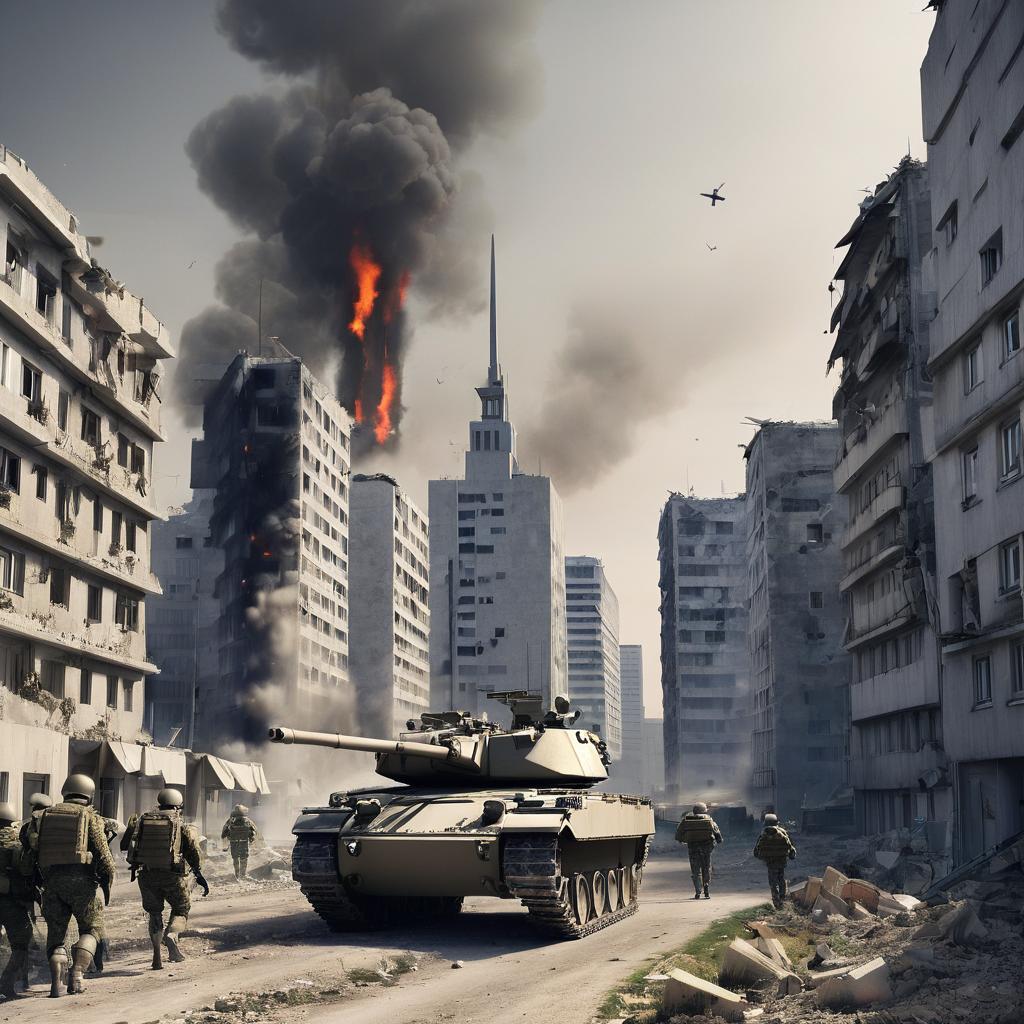
War is the father of all and the king of all; it proves some people gods, and some people men; it makes some people slaves and some people free.
Heraclitus
War and changes in society are, indeed, a great risk but also, maybe unfortunately, a great opportunity.
When conflict is geographically distant and your assets aren’t directly threatened, focus on investment opportunities rather than wealth protection. Consider:
Don’t panic-sell during initial market downturns. Instead, envision post-war scenarios and invest accordingly. Be prepared for inflation by minimizing cash reserves. Use this time to plan potential investments for subsequent stages, considering various scenarios (duration, winners, damages, international sanctions, etc.).
Test your internationalization strategy:
Consider keeping a portion of assets liquid to capitalize on market dips. Evaluate property holdings based on expected post-war scenarios – sell if regime change and redistribution are likely, or look for bargains if the current system is expected to prevail.
Priorities shift from market timing to survival. Consider:
Stage 4: Peace (or Ceasefire) and Reconstruction
Reconstruction offers significant investment opportunities:
Timing is crucial – liquidate foreign investments to reinvest in the home country for higher returns. Long-term investments in basic infrastructure may offer political influence and tax advantages for “rebuilding helpers.”This approach emphasizes the importance of preparedness, diversification, and adaptability in protecting and growing wealth during times of conflict.
“If you must panic, panic early. Be scared when you can, not when you have to. ”
Taleb
What is your backup plan? Talk to us.